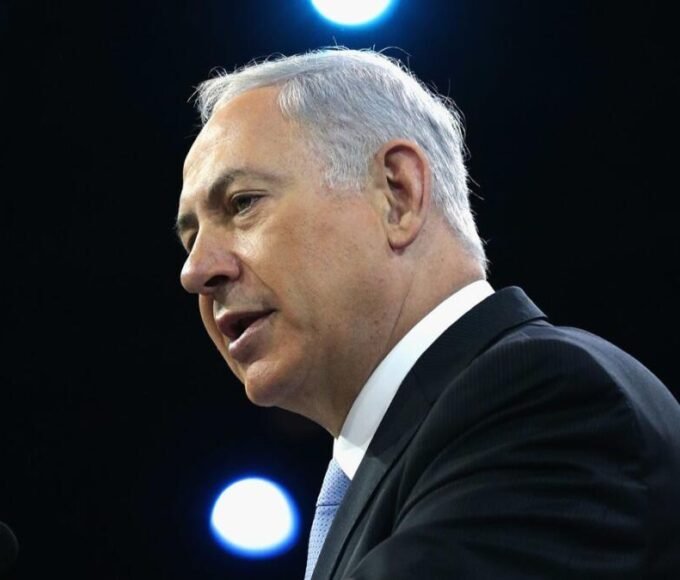Table of Contents
A Historic Diplomatic Move
In August 2025, Australia made history by expelling the Iranian ambassador, Ahmad Sadeghi, marking the first time since World War II the country has taken such a decisive diplomatic step. This action came after Australian intelligence allegedly uncovered credible evidence linking Tehran to a series of antisemitic arson attacks targeting Jewish sites in Sydney and Melbourne in 2024.
The government’s move signals a strong stance against hate crimes and foreign interference, underscoring Australia’s commitment to protecting its diverse communities and upholding democratic values.
The Incidents That Sparked Outrage
The antisemitic attacks, including arson at a kosher café in Sydney and a violent assault on a synagogue in Melbourne, caused widespread alarm, even though no injuries were reported. These acts sent shockwaves through Australia’s Jewish community and beyond, highlighting growing concerns about hate crimes linked to international political tensions.
Australia’s domestic intelligence agency, ASIO, led an intensive investigation that pointed to Iran’s Islamic Revolutionary Guard Corps (IRGC) allegedly directing local proxies to incite violence and destabilize social cohesion.
Australia’s Response: Decisive and Unprecedented
Prime Minister Anthony Albanese, alongside Foreign Minister Penny Wong, emphasized that Iran’s conduct was “entirely intolerable.” Upon receiving the findings, the Australian government ordered Ambassador Sadeghi and three other Iranian officials to leave the country within seven days.
In addition, Australia suspended operations at its embassy in Tehran, relocating diplomatic staff to a secure alternative location, and announced plans to designate the IRGC as a terrorist organization, aligning with other Western nations who have taken similar steps.
Iran’s Denials and Diplomatic Fallout
Tehran vehemently denied the accusations, framing Australia’s actions as politically motivated and influenced by internal protests and external pressures. Iranian officials criticized the expulsion as unjustified and retaliatory, vowing reciprocal measures.
This episode has heightened diplomatic tensions between Canberra and Tehran, raising questions about the future of bilateral relations and regional security cooperation.
Support from the International Community
Israel’s government and Jewish organizations worldwide praised Australia’s principled stand, viewing it as a courageous defense against antisemitism. Israeli Prime Minister Benjamin Netanyahu notably remarked on Australia’s leadership, calling it a vital message to the global community about confronting hate and protecting vulnerable populations.
Several democracies, including the United States, the United Kingdom, and Canada, expressed solidarity with Australia, underscoring the importance of international coalitions in combating extremist threats.
The Human Impact: Protecting Communities
At the heart of these events are people—families, children, elders—who seek safety and acceptance irrespective of their faith or ethnicity. Australian Jewish leaders voiced relief and gratitude toward the government’s actions, seeing them as crucial steps to preserve social harmony and rebuild trust.
The government’s measures aim not just at punitive outcomes but at healing wounds inflicted by hate.
Strengthening Social Cohesion and Security
Australia’s unprecedented diplomatic action is part of a broader strategy emphasizing community safety, enhanced intelligence sharing, and robust legal frameworks to deter hate crimes.
New investments in education, interfaith dialogue, and cultural exchange accompany hard security measures. The goal is to foster awareness, empathy, and resilience against divisive rhetoric.
Lessons for the World: Vigilance and Unity
This crisis highlights the complex interplay of global politics and local security. It is a stark reminder that hatred, if unchecked, can cross borders and exploit diaspora vulnerabilities.
Australia’s decisive response offers a model of vigilance, leadership, and international cooperation necessary to safeguard pluralistic societies.
Looking Ahead: A Path Toward Reconciliation
While diplomatic ties remain strained, dialogue channels persist through lower-level contacts aiming to prevent escalation. Australia continues to urge Iran to take responsibility and enact reforms that honor human rights.
Meanwhile, the government encourages Australians to foster inclusivity and reject all forms of discrimination as a pathway to national unity.
Conclusion: Australia’s Stand as a Beacon of Hope
Australia’s expulsion of the Iranian ambassador over antisemitic attacks is a watershed moment reflecting courage and conviction. It underscores how democratic nations can confront hate with both firmness and compassion.
This landmark decision resonates far beyond diplomatic circles—it is a testament to the enduring power of justice, solidarity, and the shared human aspiration for peace and respect across cultures.
Read More: US Naval Forces Intensify Pressure on Venezuela’s Drug Networks











Leave a comment